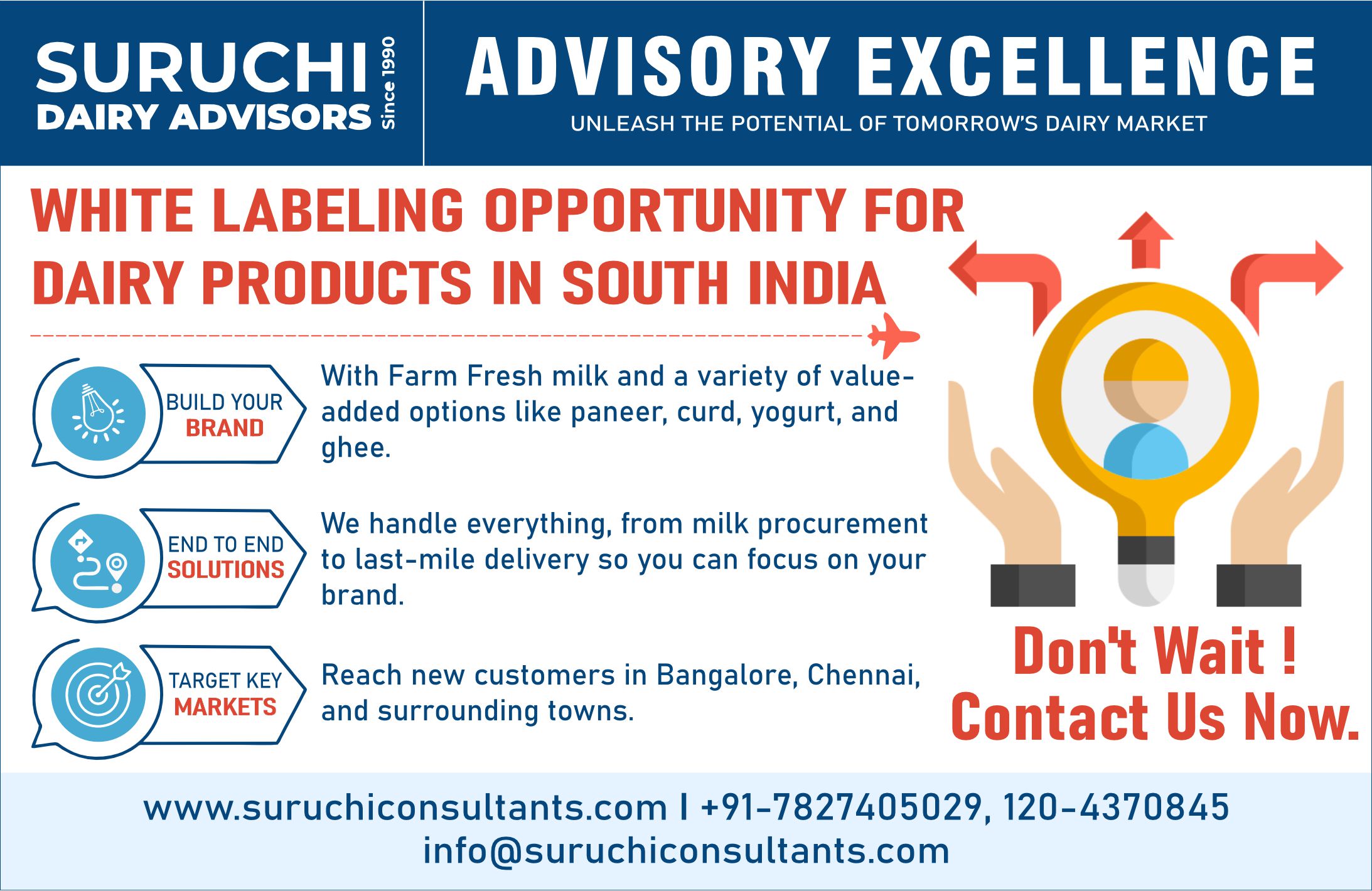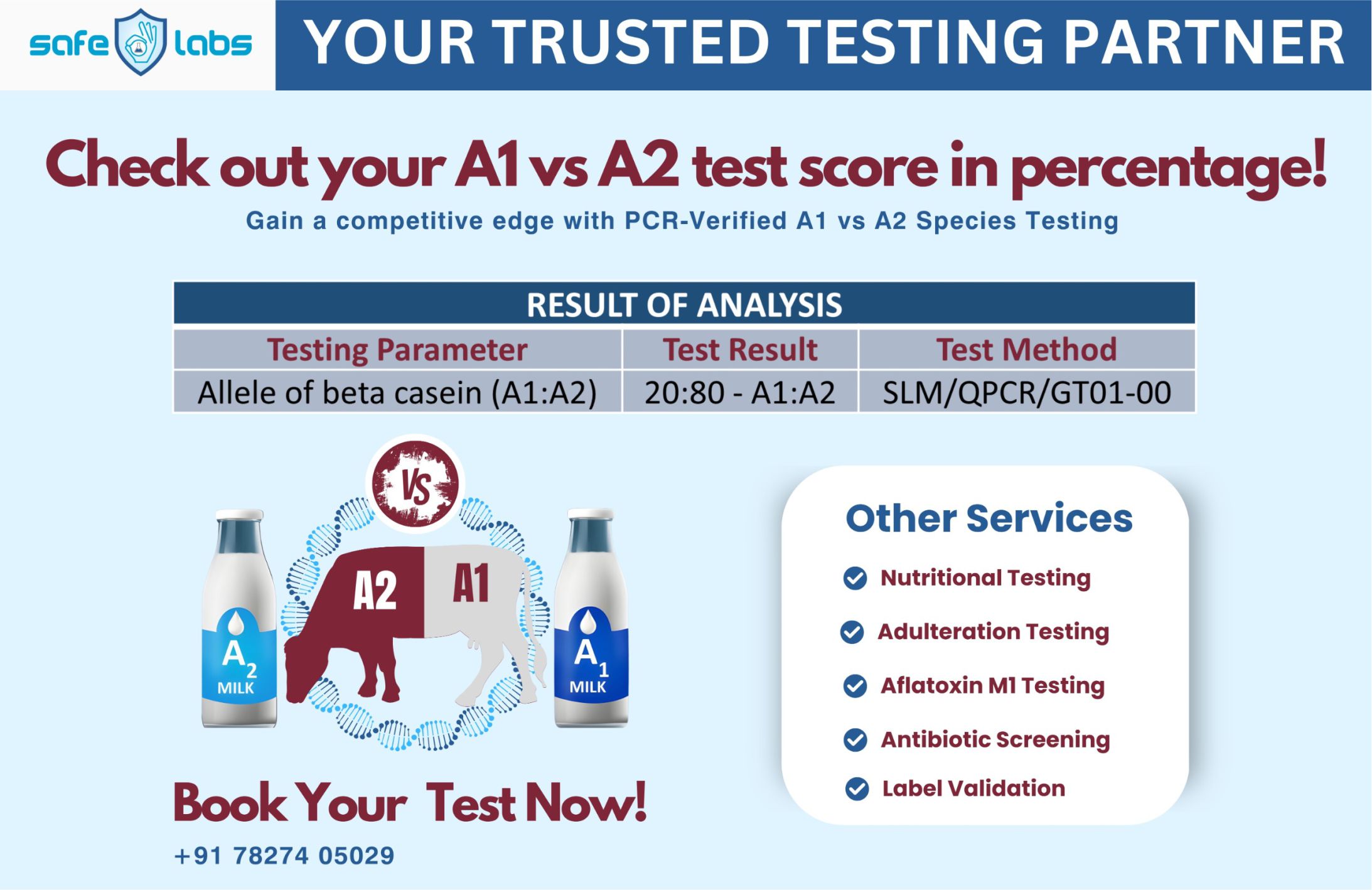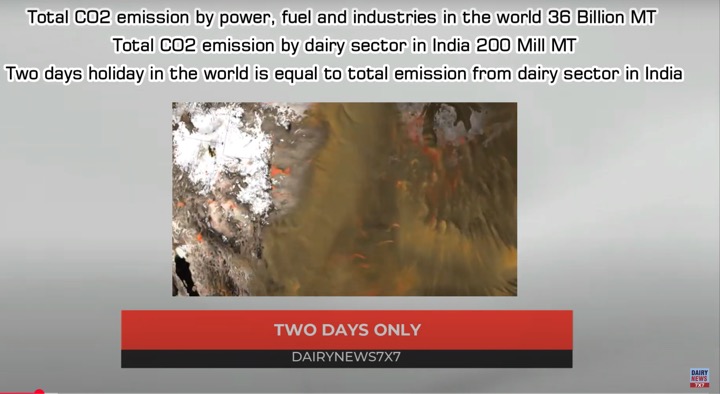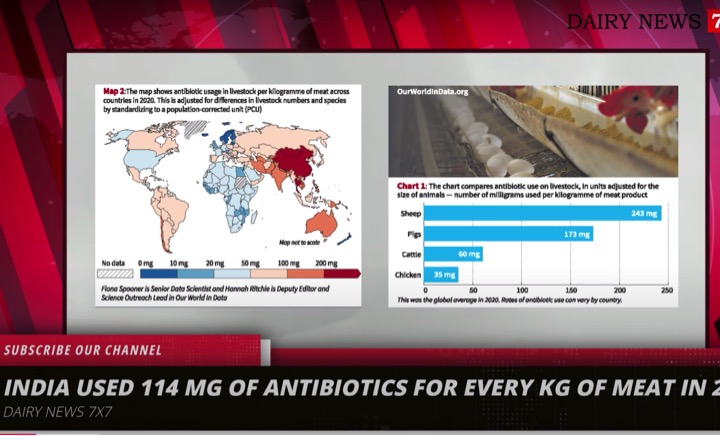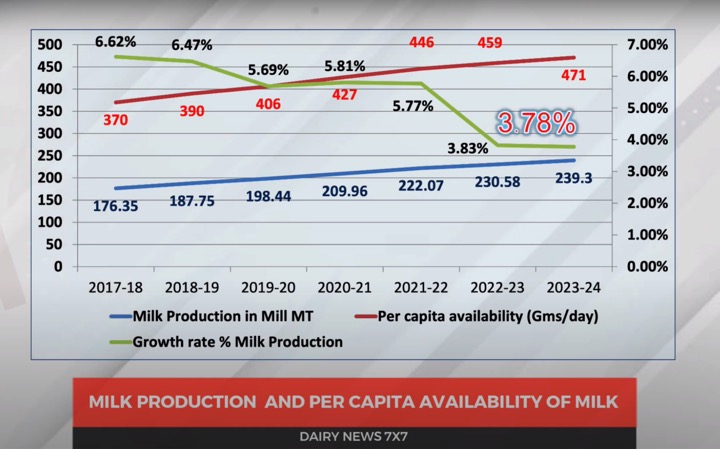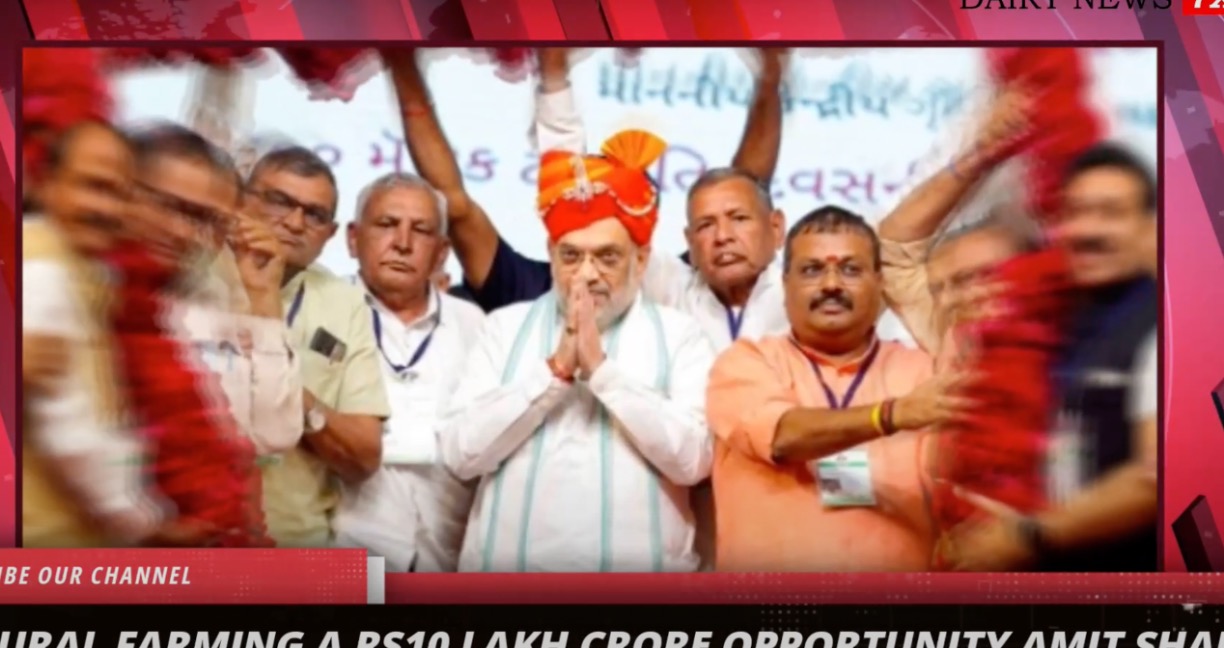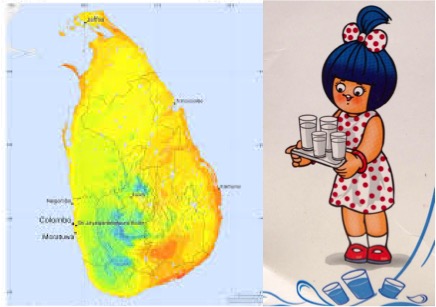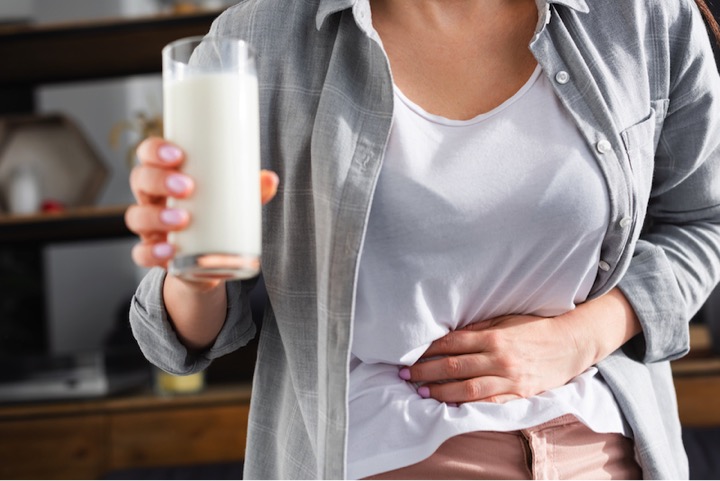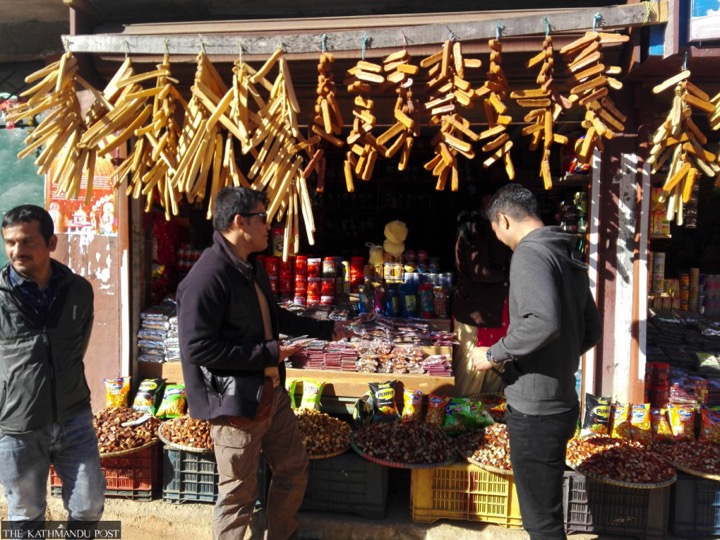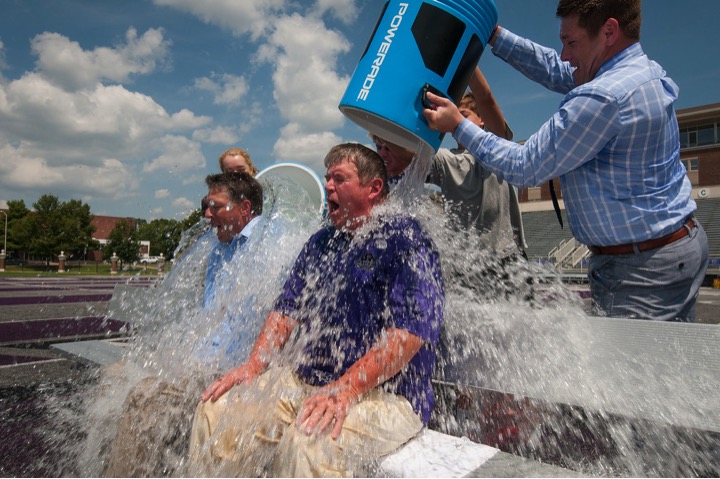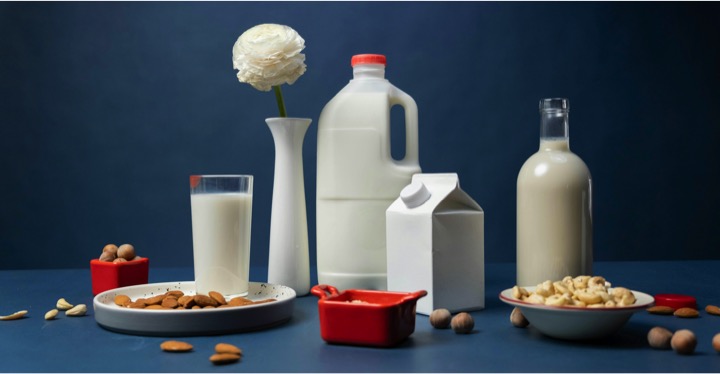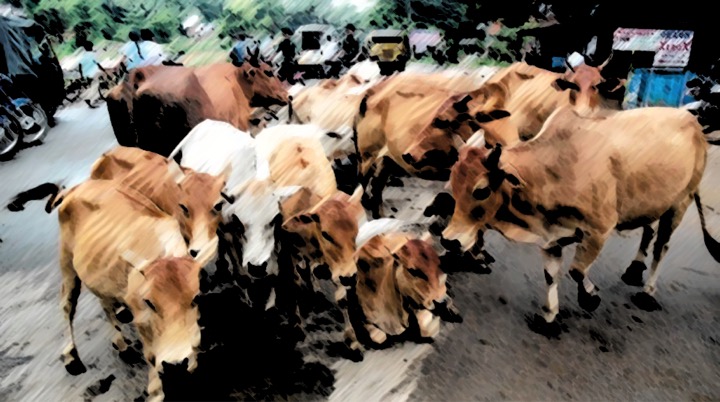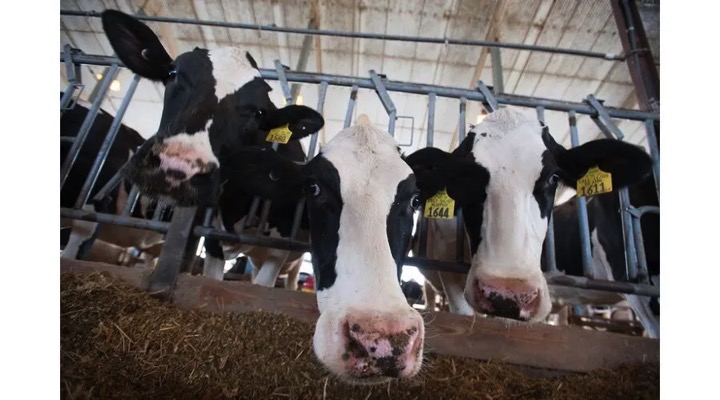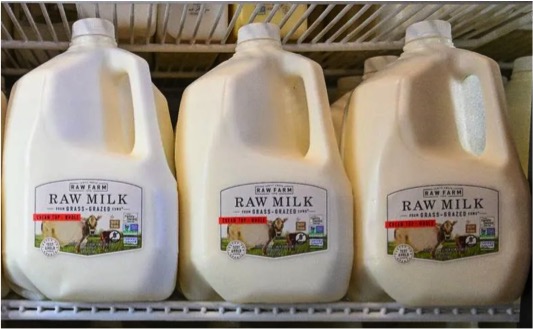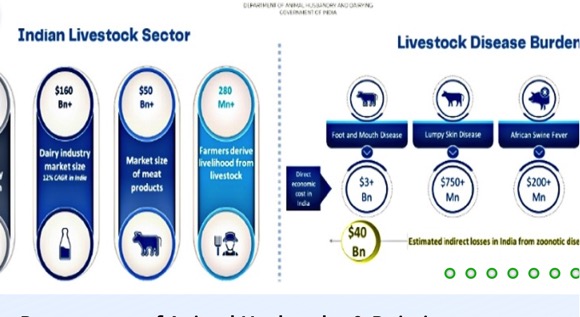National conference on “Smart and Sustainable Dairy Farming” was organised by Indian Dairy Association, West Zone in association with Indigenous Cattle Research cum Training Centre (ICRTC) of Mahatma Phule Krishi Vidyapeeth, Rahuri (MPKV) and BAIF Development Research Foundation at Agriculture College, Pune during 5-6 January 2024. The program was attended by about 300 delegates representing academic institutions, private and coop dairies, other dairy related companies and students.
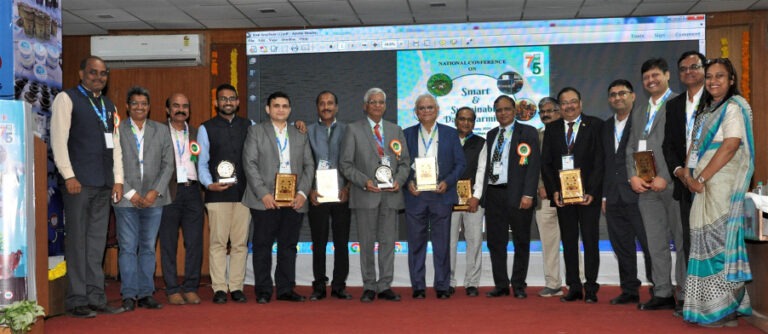
The grand opening of the conference began with paying tribute to Mahatma Phule in front of heritage building of Agriculture college and celebration procession to Shrimane Hall. Dignitaries opened the poster session and exhibition before entering the hall. Inauguration session was anchored by Ms. Richie Agarwal, IDA WZ, Pune, by Invocation of goddess Saraswati and lighting of lamp by the dignitaries which led to the seminar being declared as open.
Dr. J. B. Prajapati, Chairman, IDA (WZ) welcomed the guests and felicitated them. He thanked Dr. P. G. Patil, Vice Chancellor, MPKV, Rahuri for making this conference a reality. He also mentioned that it is important for the Agriculture scientists to come together with the industry and discuss the ways in which dairy farming can be made sustainable. He explained the importance of the theme of the seminar and insisted that farmers and dairy professionals have to be smart to keep our business sustainable, which is a livelihood for millions of families across the country.
Dr B.K. Kakade, President, BAIF talked about the initiatives of BAIF in the area of animal genetics, breeding, nutrition, and scientific management. He also pondered upon the challenges and opportunities in dairy production sector.
Dr R. S. Sodhi, President, IDA, New Delhi said that the smart word is not only required in the dairy sector, but in the entire food sector. He said that to make the food industry sustainable means that it has to be commercially viable for the farmer producer and the consumer needs to get good food products in affordable price range. The producer cannot do charity but definitely needs commercial viability to be able to continuously produce and provide good food items to the consumer. In the coming 25 years. The rural urban population ratio is going to become 50:50. We need to remember, the food that will sell or we need to grow is tasty, with pure natural nutrition, and affordable. He mentioned that one major worry for the industry is fighting adulteration, which leads to low consumption due to loss of trust of consumer. India is world’s largest and fastest growing economies, which leads to all large food companies in the world trying to come into the country to sell their products. This leads to loss of income of the farmers. Thus, we need to make the Indian production system more efficient by reducing the input cost of farmer and improving feed conversion ratio of dairy cattle. It is very efficiently managed by poultry industry and needs to be brought more into focus in Dairy industry. On the other hand, conception ratio of almost 25% cattle is zero. Thus, we need to focus on the improvement of conception in the dairy cattle. Energy consumption needs to be reduced in the entire value chain. Digital integration is also very important since efficiency, transparency and trust is brought into the system. Regular data maintenance and analytics will give us more insights for bringing in sustainability. Another perspective change which is needed is food inflation, which actually brings food prosperity to the farmer. In some of the parts of the country the average returns to the farmer are almost 50% of the selling price of milk is negatively impacting the milk industry, which needs to be increased to bring prosperity to the farmer.
After a wonderful roadmap given by Dr. R.S. Sodhi, the Souvenir of the conference was released by the dignitaries, which carried articles and abstracts of the sessions of the speakers and abstracts of poster presentations by the college students.
Chief guest Dr. N. V. Patil, Hon’ble Vice Chancellor, MAFSU, Nagpur gave us a road map of how this industry and academia interface is very important for both the industry and academia and also to the students, who are our future professionals. He invited IDA to conduct similar seminar at Nagpur and other places. He mentioned that the productivity of the animals can be increased by adopting technical advancements in the dairy field. We blame animals for not being productive, but what we forget that the animals also need love and care which gets ignored in the day to day race. He mentioned that taking care of the animal is important, along with taking precautions and care in health, environment and efficiency of utilization of nutrients, kind and quality of feed & fodder of the animals. The challenges of small herd vs large herd and unavailability of records in our system, can be managed by utilization of our traditional knowledge and earlier systems of cattle management through modern mechanisms of implementation. The organized sector will bring the best of quality products to the consumer and thus the professionals have to play an important role in the value chain.
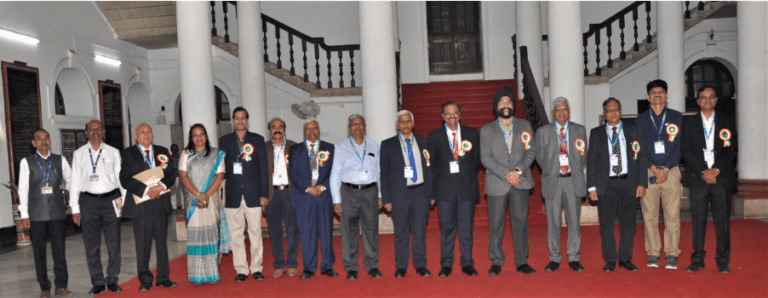
In his Presidential address, Dr. P.G. Patil, Hon’ble Vice Chancellor, MPKV, Rahuri welcomed all once again and was very happy that such conference is being organized by IDA for the first time in their campus. He said that Dairy industry is an ATM machine for the farmer and thus it needs to be treated with due respect and care. We can provide utmost care and facilities to the farmer by bringing in modern methods of dairy farming, for example the milking machine can also be considered as robot. Technological advancements can be very useful and bring in further efficiency in the system. He reminded us of how Dr. Kurien shaped up the dairy industry and it is now our duty to take it further on the path to progress.
Guest of Honour Prof. M.C. Varshneya, Former Hon’ble Vice Chancellor of AAU and Kamdhenu University Gandhinagar gave an up to date presentation on Dairy Sector in India- Savior of Rural Economy. He shared with us the statistics of the dairy industry and how the major share of the female cattle is owned by the small and marginal farmers. India is taking care of its cattle as can be seen in the world’s largest cattle vaccination program executed by the Animal Husbandry department. Some recommendations presented by him are; 1. Quality of milk and milk products have to be maintained at the highest level, 2. Adulteration in milk should be considered as a cognizable offence, 3. Payment of milk should be made by UPI immediately, 4. To encourage Indigenous milk products exported it should be given subsidy on advertising, 5. To stop loitering of animals on roads in cities and villages Gaushala should be supported/ started in each city and villages preferably on earmarked grazing lands, 6. Seed of fodder crops and water for grazing lands should be provided by Gram panchayat free of cost, 7. All villages having animal population of >1000 should have a veterinary hospital.
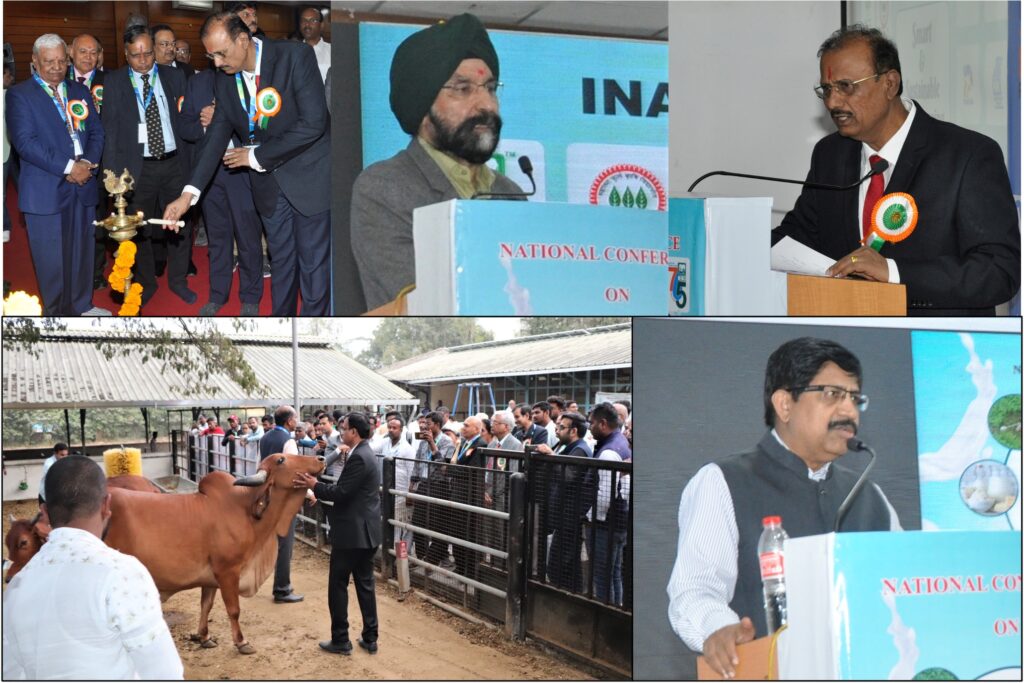
Shri Amit M. Vyas, MD, Amul Dairy, Anand presented a power packed Keynote speech: on Digitization is must for “Smart & Sustainable Dairy Farming”. He shared about the dismal state of affairs of the Indian dairy industry in the 1940s. The architects of Amul –Sardar Patel, sowed the spirit of cooperative institution, Morarji Desai was the guiding spirit, Tribhuvandas Patel was the social reformist and founder of Amul, Dr. V Kurien, father of White Revolution and Lal Bahadur shastri who envisioned White Revolution, brought about a revolution in the industry by conceiving and implementing the Anand Pattern. The Digitally integrated supply chain of Amul dairy makes it possible for Amul dairy to handle massively large volumes of milk and 47 units across 13 states with 84 lakh liters of handling capacity. Smart Dairy farming is utilization of new technological advancements to bring about an innovation to make the traditional dairy farms modern. Digital cow monitoring system, call centre for animal health, rapid diagnostic kits, sex sorted semen, embryo transfer technology, TMR station, fan and fogger, agri machineries, animal health management through ethnoveterinary care all make the dairy farming at makes Amul an example of smart and sustainable dairy farming. Sustainability is given utmost importance through clean energy production at Dairy farms, carbon credit trading through bio gas, refractive roof coating system, use of solar power, rainwater harvesting, regenerative agriculture, tree plantation drive, automatic milk sampling, route optimization, use of biofertilizers, use of drones in application of biofertilizers. Implementation of all new technological advances can be seen at Amul Dairy and thus Amul becomes the most progressive dairy not only in the country but also in the world.
The inaugural session concluded by Vote of Thanks by Dr. D. H. Kankhare, Organizing secretary.
The conference had 6 technical sessions on different themes like productivity enhancement, innovations, support to dairying, quality of milk, sustainability and had young scientist presentation too, where in total 27 talks by experts were delivered. There were total 87 posters showing innovative work by students and faculty were received and they were presented in 2 sessions. The exhibition has stall by our sponsors as well as experiential learning centres of the university. Students at their dairy centre, served softy and instant ice cream free of charge for both the days. The bakery products, horticulture -floriculture, and bioenergy stalls of the university were the centre of attraction.
The technical tour to Indigenous cattle research cum training centre (ICRTC) was organized for the delegates on 5th evening. Arrangement for demonstration of various unit functions was arranged. It was joyful to experience the scientific management of dairy farm, manure management, fodder and feed management and experimental dairy managed by students.
Evening was made relaxed and pleasant cultural program presented by the staff and students of Agriculture college. Very well presented by Swa-kiran Sangitik Rangmanch, directed by Mr P. T. Jagdale and Miss. Kiran Sawant. Some of the delegates also exhibited their talent. Delegates also relished traditional foods.
The valedictory function was chaired by Dr. S.D. Masalkar, Associate Dean of Agriculture college, while Shri Sekhar Gaikwad (IAS), ADG of Yashwantrao Chavan Academy of Development Administration and Ex commissioner of sugar remained present as the chief guest. All the rapporteurs presented summary of their sessions along with key take aways. The prizes for the Poster presentations and the Young Scientist award were distributed to the winners.
In the first Session of poster presentation on Milk Processing the winners were Dr. D. D. Patange RCSM, College of Agriculture, Kolhapur, Dr. K. D. More , K. K. Wagh, College of Agriculture, Nashik and Mr. S. R. Sonwane College of Agriculture, Latur. In the 2nd Session of poster presentation Animal Husbandry the winners were Dr. T. R. Bhosale, College of Agriculture, Muktainagar, Dr. C. S. Patil, LUVAS, Hisar, Haryana and Dr. S. B. Bhalerao, College of Agriculture, Pune. Young Scientist Award winners were Dr Ankit Mangotra and Dr. C. S. Patil, both from LUVAS, Hisar, Haryana.
Dr. P.T. Dhole, Ex Dir of Research of MPKV shared his thoughts on the seminar that it was a great opportunity for the college of Agriculture and IDA to come together. The feedback was taken from the audience and participants about the seminar; to which they said that it was a wonderful seminar and a great opportunity to learn and interact. Dr. S.D. Masalkar, Associate Dean of MPKV Rahuri, shared his thoughts and happiness over the successful completion of the seminar. Dr. J.B. Prajapati gave his closing remarks talking about technical and management issues discussed and draw recommendations for policy makers. He conveyed his gratitude to entire IDA (WZ) team and dedicated staff and students of Agriculture college, who made the conference a grand success. He especially thanked Hon Vice Chancellor, Associate Dean and Organizing secretary of the event for their tireless efforts. The seminar was called to a close by Dr. Dhiraj Kankhare by presentation of vote of thanks.



